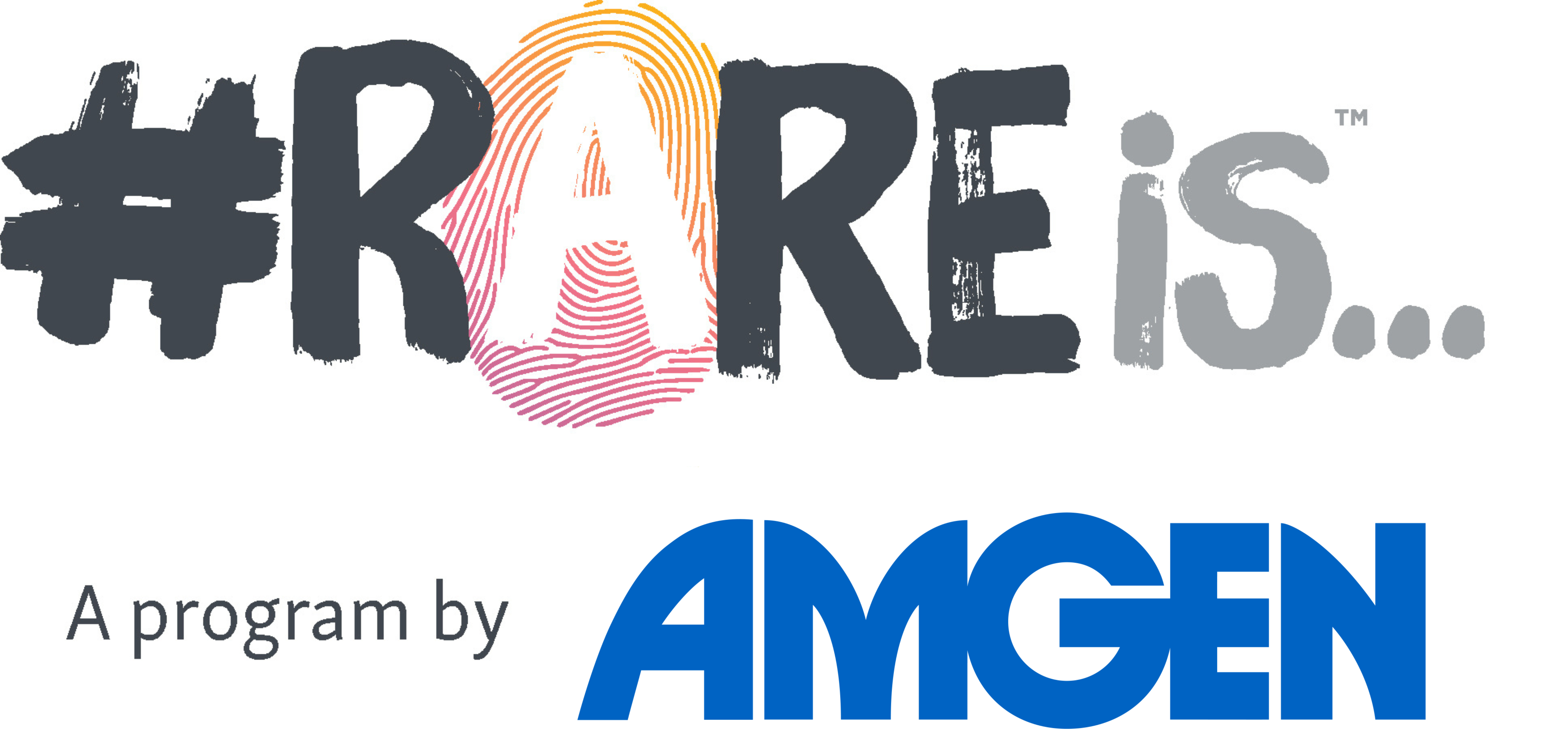While the decision to undergo genetic testing is one part of receiving a diagnosis, the cost and impact on you and your family is another. Understanding the cost of each available option – and what your health insurance will cover – will play an important role in making informed decisions. There are many different types of genetic testing that a person or a family may need.
The content in this section may not be applicable in all countries. Genetic testing regulations vary and in some instances may only be carried out at the request of the court, or by a doctor for medical or scientific research purposes.
Will my health insurance cover the cost of genetic testing?
Coverage of genetic testing is dependent on each person’s insurance, the determined need, and can vary widely by health plans. It is helpful to ask about genetic testing coverage up front before moving forward with the process.1 Coverage to see a genetic counselor is typically a separate expense. To determine if your insurance plan covers genetic testing, a prior authorization may need to be done by your health care provider.
Even if your plan covers genetic testing, the cost of testing may be subject to your insurance plan’s deductible and out-of-pocket costs.1 Genetic testing can be expensive, but many labs offer financial aid. A genetic counselor will help navigate the complexity of the financial aspects of testing.2
When should I contact my insurance provider?
You should get in touch with your insurance company before moving forward with genetic testing so you understand what will and will not be covered through insurance.3 When you contact your health insurance provider, make sure you know the name of the test that has been recommended for you and which lab will perform the test.4 You may also be asked for the current health testing code and the ICD-10 code (or indication for testing) when you call your insurance to inquire about coverage. This code also allows your provider to bill for the genetic test. Ask your physician or genetic counselor to help you find the correct ICD-10 codes.
What else do I need to be aware of?
Asking your health insurance provider about out-of-pocket expenses is also an important consideration as some might only cover part of the cost. The remainder will need to be paid for by you or your family.3,4
For many people, it’s important to them to know how their genetic data will be used or stored. If you have privacy concerns, it’s best to discuss these concerns with your physician and/or genetic counselor. You can learn more about genetic information privacy by visiting the NIH U.S. National Library of Medicine Genetics Home Reference website.5
It’s important to speak with your genetic counselor or health care team about any pre-existing conditions that may be discovered during genetic testing. This could impact your future health care plan or life insurance plans1 – especially if you are requesting testing for your child. A separate test may be necessary.
Should I use a direct to consumer test if it’s cheaper?
A direct-to-consumer test is a genetic test that you can buy for use at home that may or may not involve a health care provider or health insurance company in the process. These direct-to-consumer genetic tests are not typically regulated and may not guarantee the correct result.6 Your health insurance provider will not typically provide coverage if the test is not ordered by a genetic counselor or physician.3 Most of the time, direct-to-consumer testing companies do not have the added benefit of working with a genetic counselor.6 It’s always important to discuss any plans with your health care team.
How can I supplement the cost of genetic testing?
The cost of genetic testing and access for specific tests can vary and sometimes may require out-of-pocket costs that can be expensive. For resources to support and reduce the cost of genetic testing, connect with advocacy organizations to determine if you might be eligible for support. If you’ve received a diagnosis, you can find patient advocacy groups specific to your condition through this resource provided by the National Organization for Rare Disorders (NORD).
Financial aid for testing may also be available through the lab that administers your genetic test.
NORD assistance programs
NORD provides programs to help people access medication, financial assistance for insurance premiums and co-pays, diagnostic testing, and travel assistance for clinical trials or consultation with disease specialists. Please note that these programs aren’t available for every genetic condition – visit their website to learn more.
References
- U.S. National Library of Medicine. Will health insurance cover the cost of genetic testing? Available at: https://ghr.nlm.nih.gov/primer/testing/insurancecoverage. Last accessed November 2020.
- National Society of Genetic Counselors. What Do Genetic Counselors Do? Available at: https://www.nsgc.org/About/About-Genetic-Counselors. Last accessed November 2020.
- National Society of Genetic Counselors. Does Insurance Cover Genetic Counseling and Testing? Available at: https://www.aboutgeneticcounselors.com/Prepare-for-an-Appointment/Insurance-Billing-and-Protecting-Your-Privacy. Last accessed November 2020.
- Global Genes (2014) Genetic testing: Is this my path to diagnosis? Available at: https://globalgenes.org/wp-content/uploads/2014/05/GG_toolkit_seven_web.pdf. Last accessed November 2020.
- U.S. National Library of Medicine. What is genetic discrimination? Available at: https://medlineplus.gov/genetics/understanding/testing/discrimination/. Last accessed November 2020.
- National Society of Genetic Counselors. Frequently Asked Questions + Resources. Available at: https://www.nsgc.org/Education-and-Events/Annual-Conference/FAQs. Last accessed November 2020.
Thank you to the following organizations that provided strategic guidance on our genetic testing topics: Global Genes, Permanente Medical Group – Genetic Movement Disorder Clinic, Our Odyssey, One Rare and Remember the Girls.

